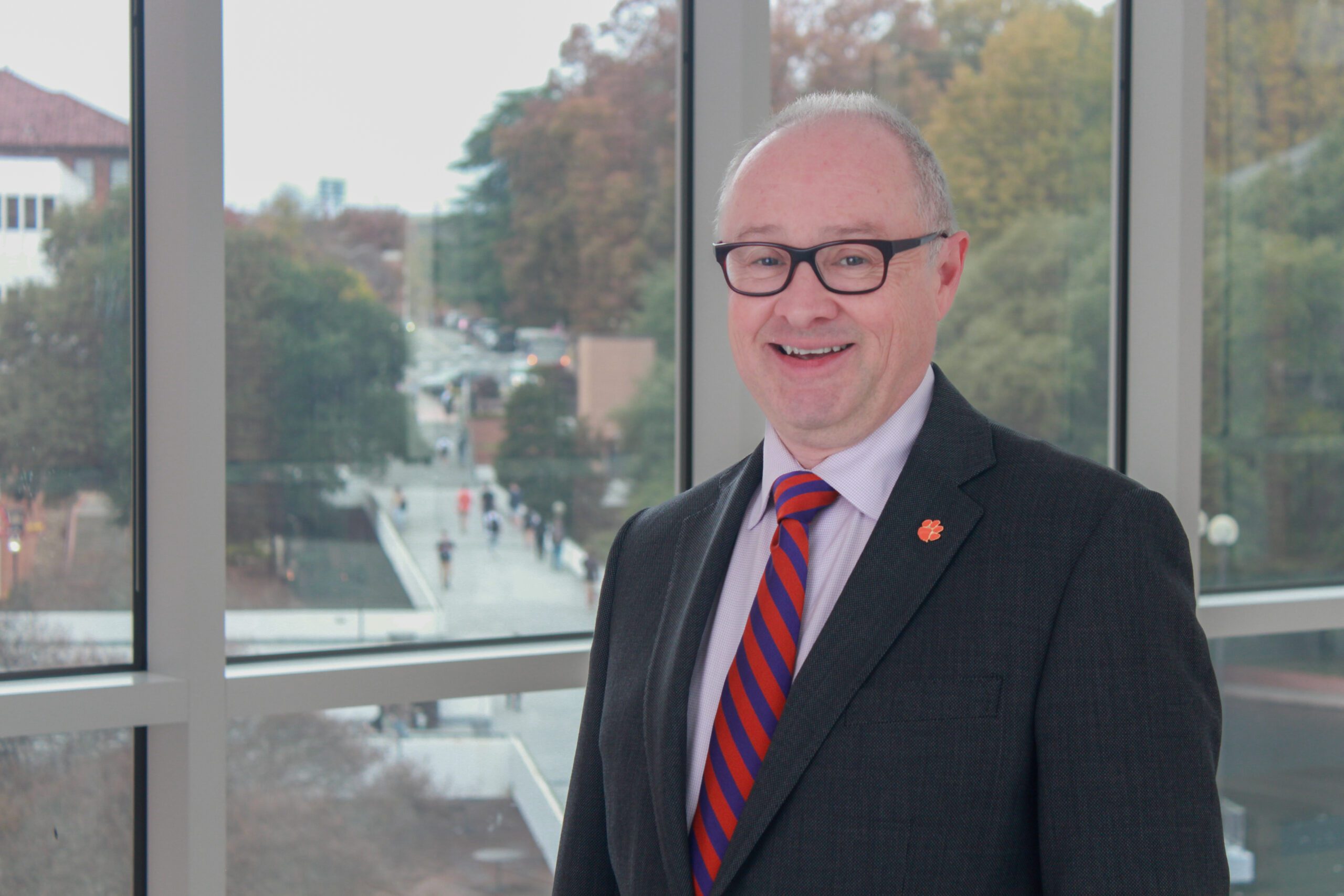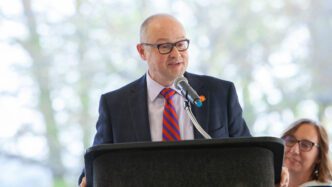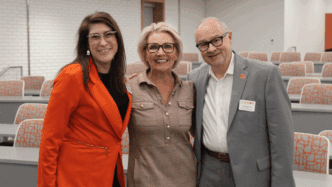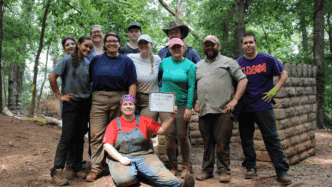Dear Faculty, Staff, Alumni and Friends,
In the last few weeks, I had the chance to attend two national conferences, which were illuminating in many ways.
One of them was the Council of Colleges of Arts and Sciences in San Diego. This was my first conference as Dean of our new College of Arts and Humanities, and my first opportunity to interact with other deans leading units very much like our own. Before this year, explaining architecture as part of the college structure was always a challenge. As we deans exchanged information and shared stories this time, it was like comparing apples to apples. And the news is good. When I relayed our numbers and the strength of our programs, many of the deans I spoke with were in disbelief. While many institutions are struggling nationally, Clemson’s programs continue to grow!
The second meeting I attended was the National Humanities Conference in Indianapolis. It was an opportunity for college deans and some faculty to interact with state humanities councils and national organizations like Fulbright, Phi Beta Kappa (America’s first and most prestigious academic honor society) and the National Endowment for the Humanities (NEH). One heartening realization was that, as embattled as the humanities perceives itself as being, hundreds of people were in attendance from every corner of this country, with a good number in their 20s and 30s. In other words, the humanities are vibrant and strong in the United States.
One eye-opening session was devoted to the question of how we best define the humanities. I had not realized until this conference that there was no agreement on this issue. That might be one of the reasons the humanities faces problems nationally.
If everything humans have imagined and produced until now fills an archive, then the job of the humanities is to preserve, study, analyze and interpret that archive.
Nicholas Vazsonyi, Dean, College of Arts and Humanities
One solution has simply been to list the disciplines normally associated with the humanities: English, languages, history, philosophy (including law), the creative arts, parts of political science and geography. But this way of going about it does not define what the humanities are trying to accomplish.
Do the humanities have a singular purpose? If we say “enlightenment,” that is probably too vague to be helpful. If science studies the natural world and the laws that govern it, then the humanities study the world as understood, created, filled and altered by human activity. But then we also have disciplines like environmental humanities and medical humanities. These are fields that argue for a humanities component in what are originally the sciences.
If everything humans have imagined and produced until now fills an archive, then the job of the humanities is to preserve, study, analyze and interpret that archive.
The term Germans use in place of humanities is “Geisteswissenschaften.” Wissenschaft means “science.” Geist means soul or spirit. So, the humanities for Germans is the science of the (human) spirit as opposed to the science of nature (Naturwissenschaften). But it is also a “science” that includes intuition, interpretation and opinion as important modes of seeking the truth. So, is it really a science at all?
While these questions seem a bit esoteric, they are more than thought exercises. Formulating an answer, at least for ourselves, will help us to focus our new college to deliver the no. 1 student experience, double our research, and transform lives, in alignment with the vision of Clemson Elevate.
How do you understand the humanities? Please drop me a line at vazsony@clemson.edu. I’d be interested in your thoughts.
Go Tigers!
Nicholas Vazsonyi, Dean
College of Arts and Humanities
Follow Dean Vazsonyi on Instagram.







